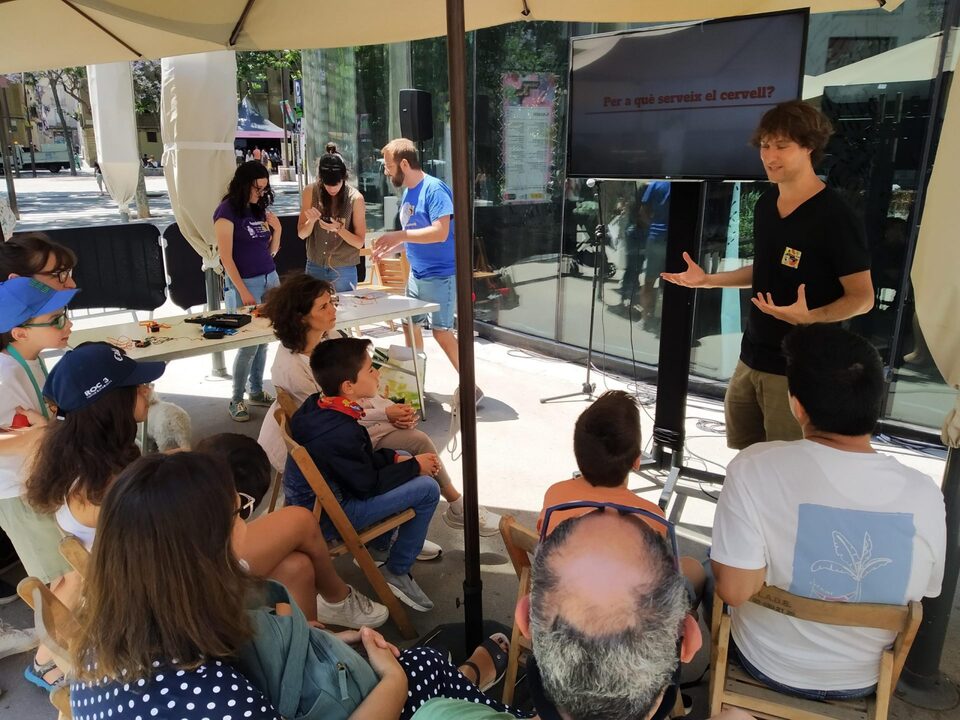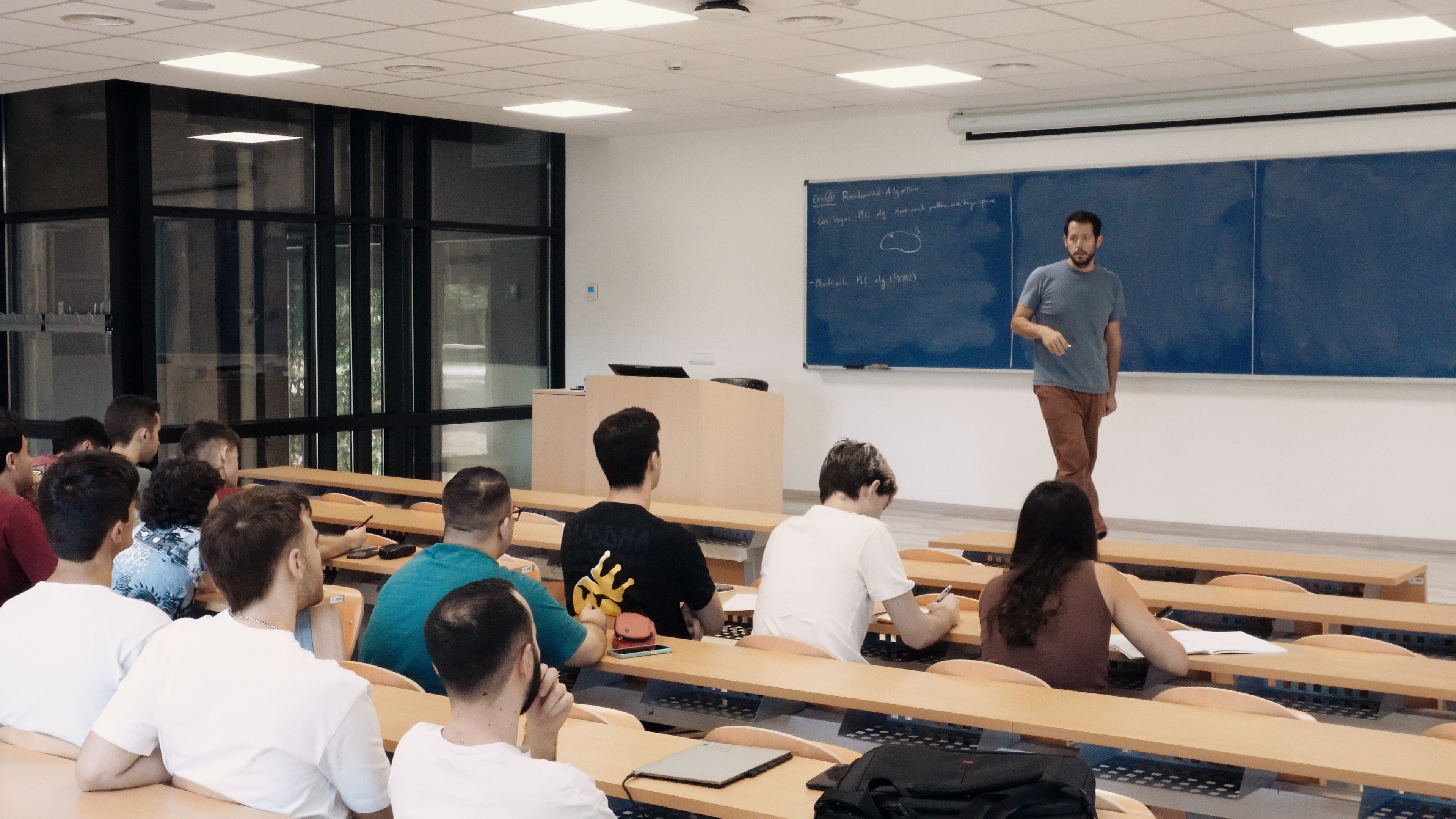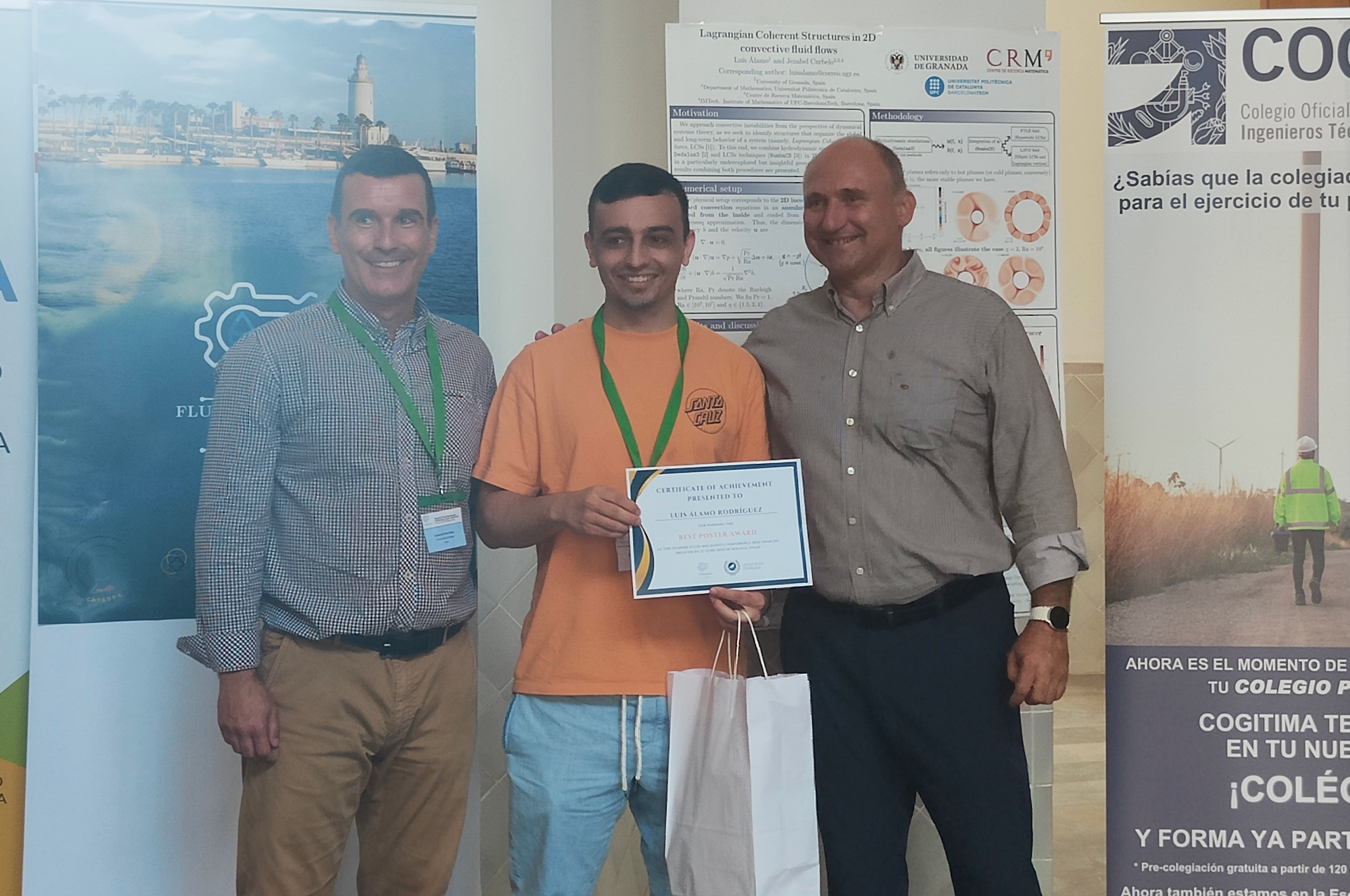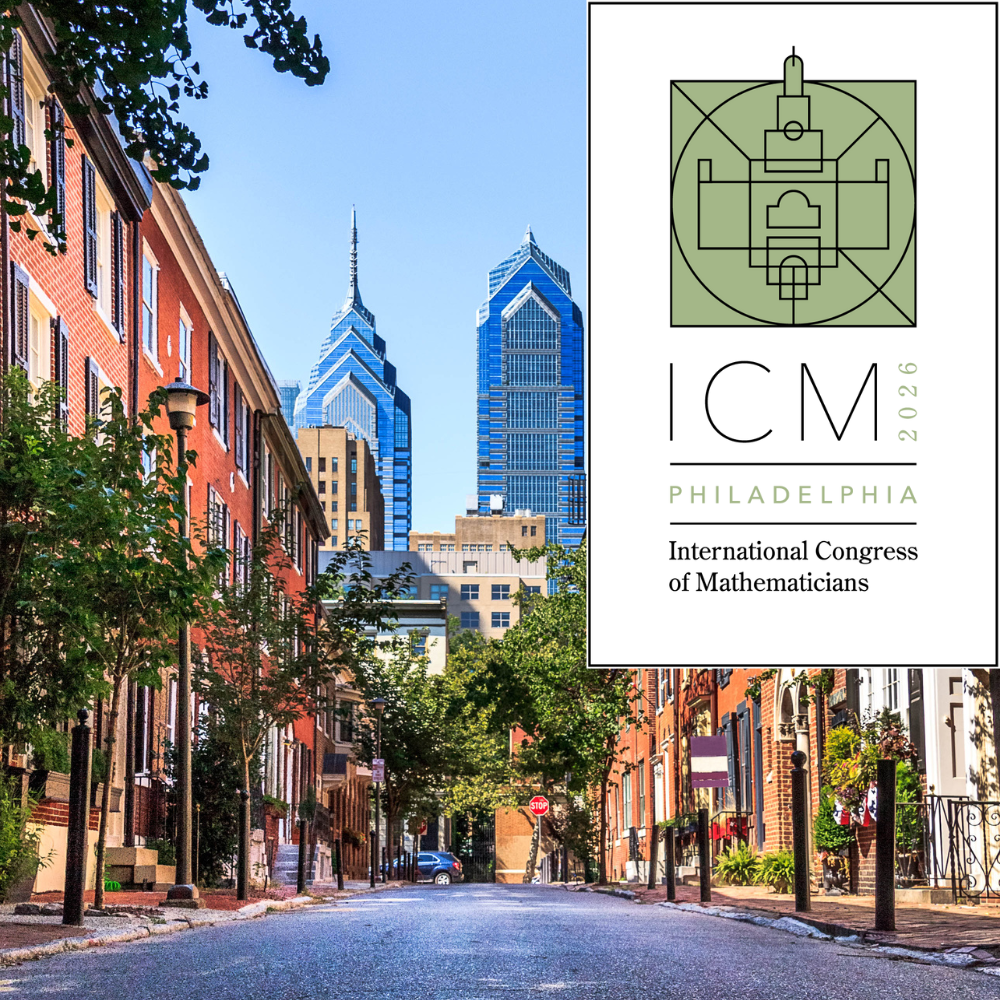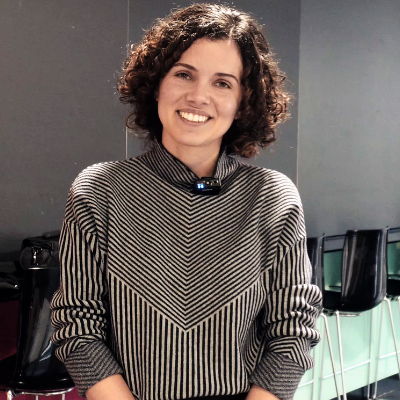A project by Alexandre Hyafil, principal investigator and Ramón y Cajal researcher at the Computational Neuroscience Research Group at CRM, has been selected as one of the recipients of the grants awarded in the 2022 call by the Leonardo program of the Foundation BBVA. The project that will receive funding, under the title Computational models of daily fluctuations of psychological states, is one of the five chosen by the mathematics evaluation commission chaired by Juan José Romo Urroz, professor of Statistics and rector of the Universidad Carlos III de Madrid.
The Leonardo grants have been awarded by the BBVA Foundation since 2014, with the objective of supporting personal projects of researchers and cultural creators in intermediate stages of their career, between 30 and 45 years old, which are characterized by a significant scientific, technological, or cultural production. The specific purpose of the grant, each endowed with up to 40,000 euros, admits great flexibility, adapting to the specific needs of each project, and can be carried out over a period of between 12 and 18 months.
In this 2022 call, a total of 884 applications have been received, resulting in 60 researchers from fields such as Basic sciences, Math; Biology and Biomedicine; Environmental and Earth Sciences; Engineering and Information Technology; Economics, Social and Legal Sciences; Humanities; Music and Opera; Literary Creation and Performing Arts.
In addition to Alexandre Hyafil’s project, four other mathematicians have received grants to develop their projects in the 2022 call; Jezabel Curbelo, from the Universitat Politècnica de Catalunya, María López, from the University of Málaga, Carlos Shabazi, from the UNED, and Pedro Tradacete Pérez, from the Instituto de Ciencias Matemáticas-CSIC.

CRM Comm Team
Anna Drou | Pau Varela
CRMComm@crm.cat
The CRM hosts a new edition of the Barcelona Introduction to Mathematical Research summer school
From June 30 to July 25, 2025, the CRM is organising a new edition of the Barcelona Introduction to Mathematical Research (BIMR), a summer school hosted at the Universitat Autònoma de Barcelona. The programme brings together 30 undergraduate...
Niclas Rieger defends his PhD thesis on data-driven climate analysis and marine pollution
Niclas Rieger defended his PhD thesis at the Institut de Ciències del Mar, culminating a research journey focused on extracting insights from both massive climate datasets and scarce environmental observations. Developed within the European CAFE...
A Day of Higher Structures in Symplectic and Poisson Geometry, with Summer Tapas at UPC Barcelona
The event "A Summer Tapas Invitation to Higher Structures in Symplectic and Poisson Geometry I", held on July 7, 2025, at EPSEB–UPC, featured talks by Alejandro Cabrera, Chenchang Zhu, Miquel Cueca, and Mario Garcia-Fernandez, offering a rich and informal exploration...
Luís Álamo, premi al millor pòster a la SFMC 2025 per un treball dirigit per Jezabel Curbelo
Luís Álamo, estudiant del màster FISYMAT de la Universitat de Granada, ha guanyat el premi al millor pòster a la conferència 3rd Spanish Fluid Mechanics Conference (SFMC25) amb un treball sobre estructures coherents Lagrangianes, basat en el seu...
Three CRM Researchers Invited to Speak at the 2026 International Congress of Mathematicians
From left to right: Xavier Cabré, Joaquim Ortega (photo by Xènia Fuentes, UB), and Xavier Tolsa. Three researchers affiliated with the Centre de Recerca Matemàtica (CRM), Xavier Cabré, Joaquim Ortega-Cerdà and Xavier Tolsa, have been invited to...
Gissell Estrada, beca Leonardo 2025 per explorar la migració col·lectiva amb matemàtiques i robots
L’investigadora Gissell Estrada Rodríguez, professora a la UPC i adscrita al CRM, ha rebut una Beca Leonardo 2025 per desenvolupar un projecte que combina matemàtiques i robòtica per estudiar la migració col·lectiva en sistemes vius i artificials....

